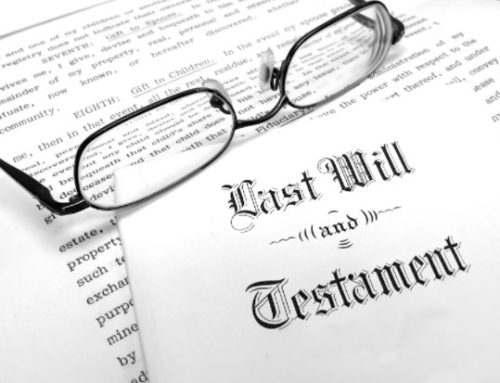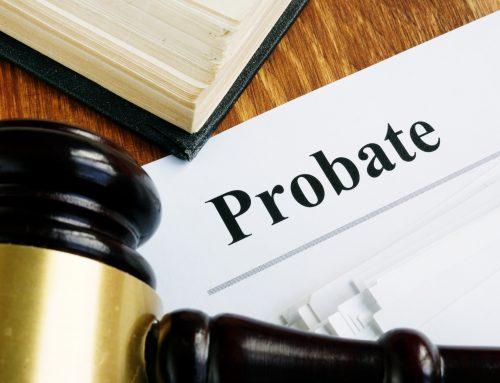When a person passes away, their estate goes through the probate court process. This process can be complex and often takes months to complete. If there is no will or someone challenges probate, the process can take more than a year. If you are concerned about the future of your assets and property or have questions about a loved one’s estate, contact a probate attorney at Barnes Cadwell Law right away. They can help you understand your legal options. Call us at (317) 804-5058.
What Is Probate Property?
Probate property includes all assets that a deceased person owned at the time of their death. That includes money, real estate, houses, vehicles, jewelry, art, bank accounts, and other personal items. These items must go through the probate court process to transfer ownership when a person dies.
The only property that is excluded is that which is immediately transferred to someone else upon death, such as:
- life insurance proceeds,
- money in certain types of trusts,
- retirement accounts with beneficiaries,
- transfer-on-death deeds, and
- payable-on-death bank accounts.
If property is considered “non-probate,” then it does not have to go through the probate court process. This reduces the amount of time it takes to transfer ownership of assets after the death of an individual.
What Is a Personal Representative of the Estate?
To begin the probate court process when a person dies, the person who has possession of the will may file a petition for probate with the county probate court where the person lived or owned real estate. The person who possesses the will is often named the executor of the estate, or a different individual may be named in the will. If anyone objects to the naming of the executor or personal representative of the estate, then the probate court process will determine the wishes of the deceased person. If the wishes of the deceased person are not clear, the court may name a personal representative.
The personal representative is responsible for the following:
- handling the decedent’s assets,
- distributing property,
- paying of debts,
- and filing and paying taxes out of the estate.
This part of the probate court process can be complex. A personal representative may seek legal guidance to help with this process. Barnes Cadwell Law has the experience necessary to help you effectively represent the estate of your loved one.
The Probate Court Validates the Will
One of the first steps of the probate court process is to validate the will. The court will work to determine if the will presented is real and created by the deceased person. In most cases, wills are self-proving, which means the person signed, notarized, or otherwise validated them prior to death. However, if someone challenges the will, the court will seek to validate it by searching for witnesses, legal representatives, and others who may have knowledge of the will or the deceased person’s wishes.
Supervised vs. Unsupervised Administration of the Estate
The personal representative must administer the estate of the deceased person. The probate court process may involve either supervised or unsupervised administration. In most cases, the court allows the personal representative to handle matters without interaction from the court in an unsupervised administration. However, if there are any challenges to the will, the court may order supervised administration, which involves periodic reporting and legal interaction.
The probate court process of supervised and unsupervised administration of an estate can be difficult. It’s best to seek legal assistance to carry out these duties. Barnes Cadwell Law can make sure that you address all aspects of the will. We can also take care of all responsibilities as a personal representative.
Challenging the Probate Court Process
There are many steps of the probate court process that you can challenge. If you have concerns about a will, a named personal representative, or the way in which your loved one’s estate is being administered, we can help. You should immediately challenge the situation with the probate court to make sure that your loved one’s wishes are being carried out according to their plans.
Contact Us About the Probate Court Process Today
If you have questions about what happens to property and other assets when someone dies, contact Barnes Cadwell Law for a consultation today. We will walk you through the probate court process and help you understand the situation. Call us at (317) 804-5058.






